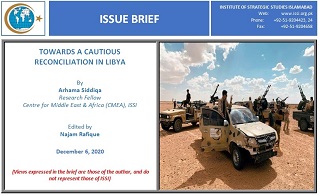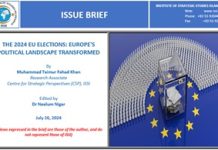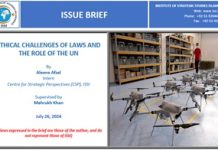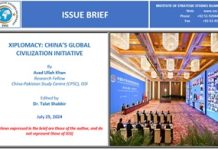For years, Libya has been suffering from a culmination of political, security and economic predicaments which have resulted in the development of a conflict economy, rife with non-state actors – both domestic and foreign. However, a ceasefire on October 23 between rival factions in Libya brought with it hopes of a final peace settlement in the country.
The October 23 ceasefire was momentous in that it went beyond being a mere truce to an actual arrangement that all armed groups on the forefronts will withdraw from their positions and all foreign mercenaries would be evicted from the country by January 31, 2021. The announcements were followed by two more rounds of talks called the Libyan Political Dialogue Forum (LPDF) – the first was held on November 10 in Tunis and the second on November 23 virtually. The talks were held under the auspices of the UN Support Mission in Libya (UNSMIL) under the headship of Stephanie Williams, Acting Special-Representative of the Secretary-General for Libya.What was unique about these talks was that the 75 member LPDF members comprised of only Libyans. During the consultations, it was decided that Libya would have presidential and parliamentary elections on December 24, 2021 which would coincide with the country’s 70th Independence Day. It also agreed to name a volunteer legal committee to work on the “constitutional basis for the election”. [1]
















